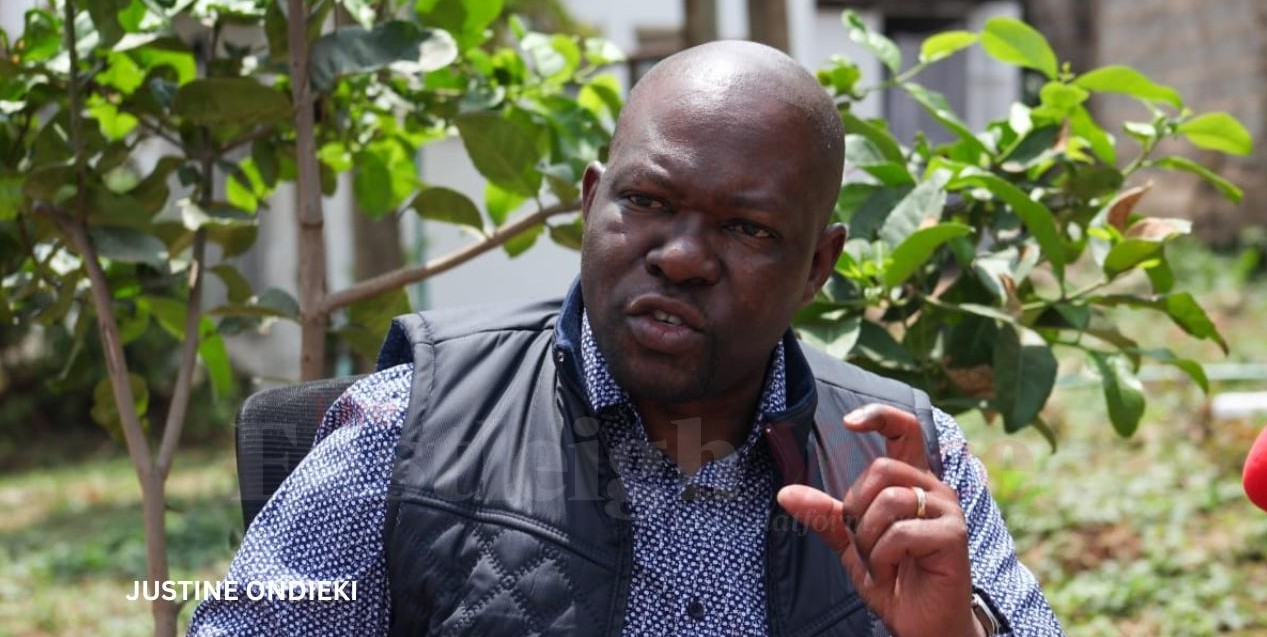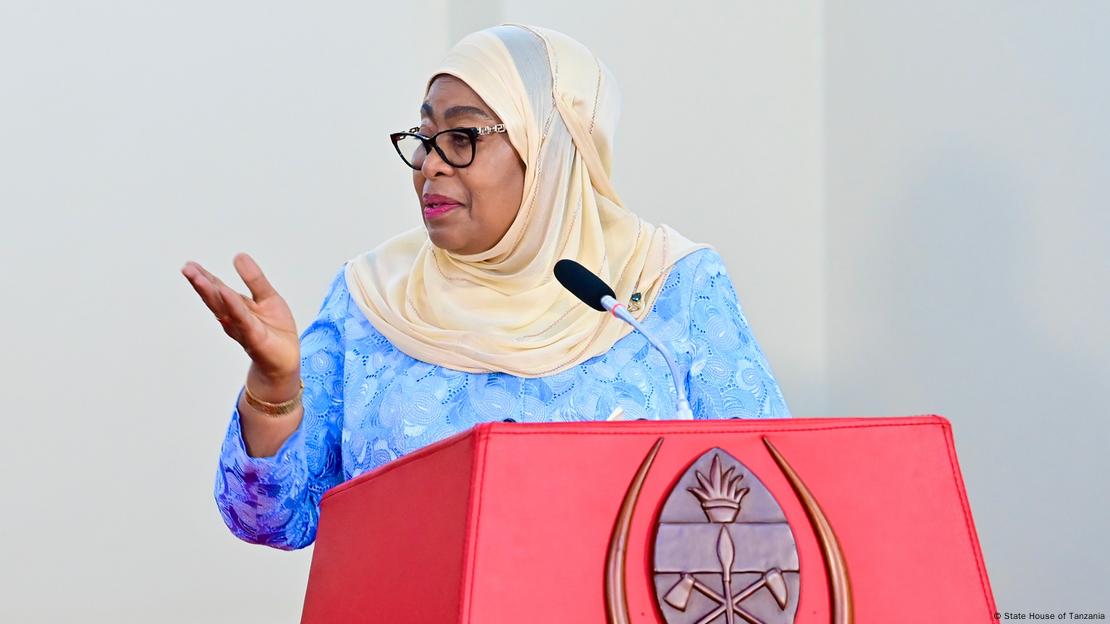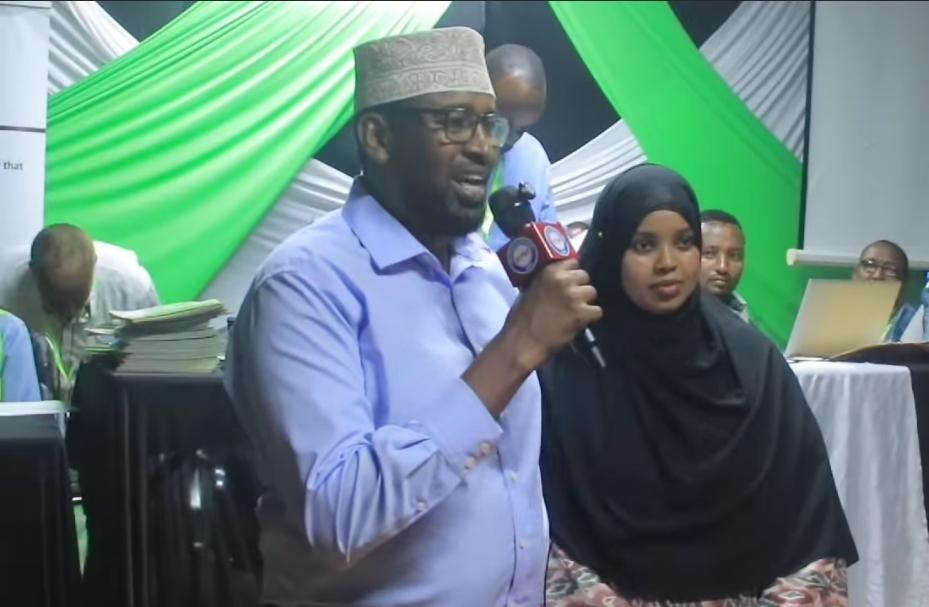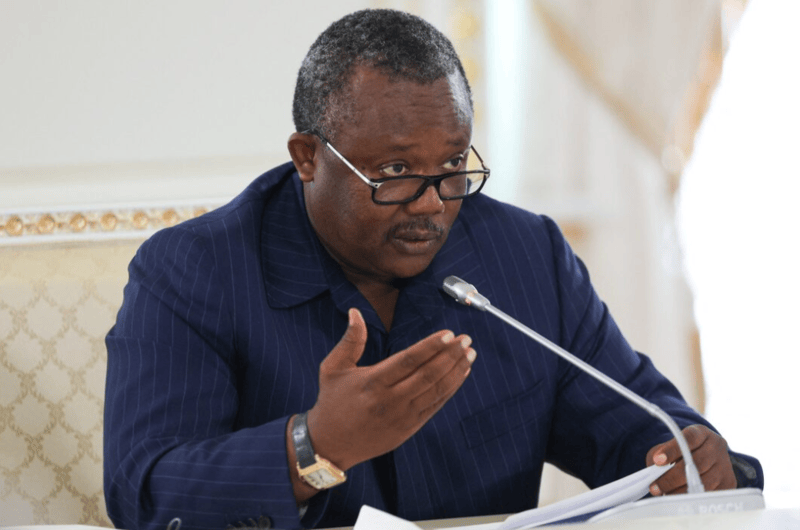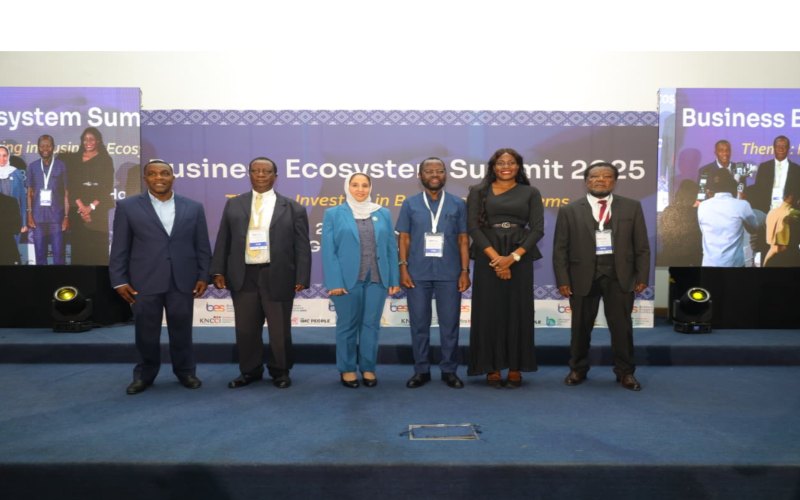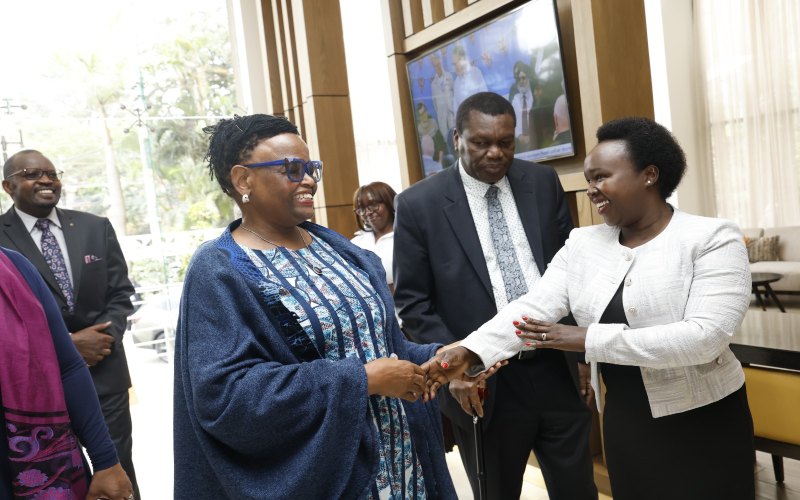MSF warns of desperate situation for persons displaced from Sudan's Zamzam camp
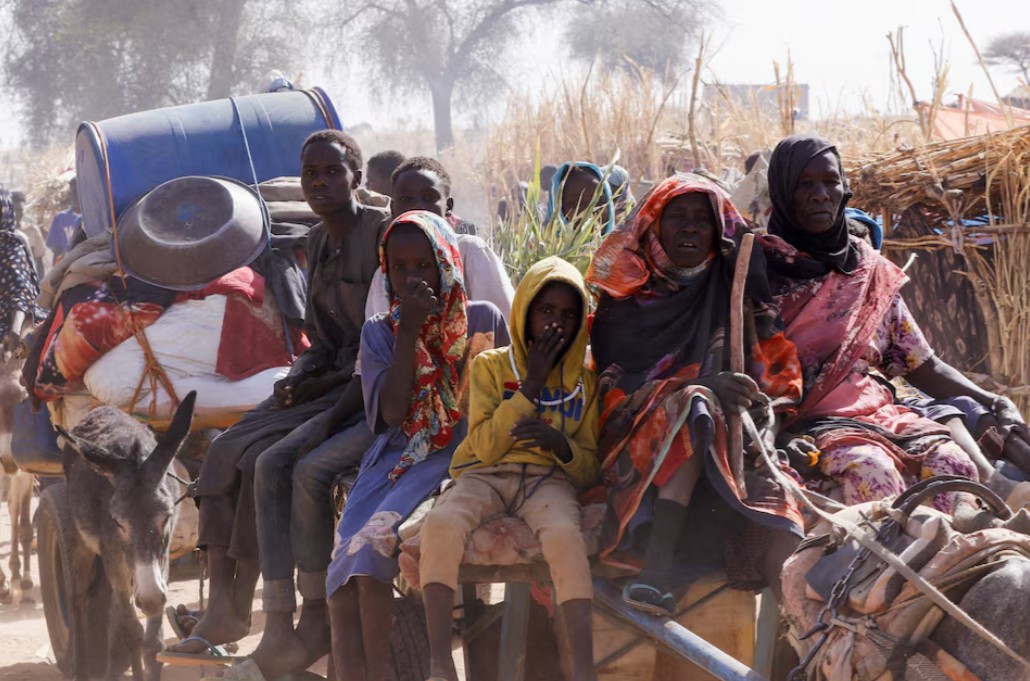
On April 11, the RSF and their allied armed groups stormed Zamzam, Sudan's largest displacement camp, which used to host at least 500,000 people near El Fasher, after months of an increasingly tight siege on the area.
Hundreds of thousands of people have joined the communities already besieged and deprived of lifesaving aid in El Fasher, the neighbouring capital city of North Darfur in Sudan, following Rapid Support Forces (RSF)'s large-scale ground offensive on Zamzam camp that started on Friday last week.
Over 25,000 have reached Tawila further west, overwhelming humanitarian efforts in the country.
More To Read
- IGAD rallies region to tackle deepening displacement crisis amid funding cuts, conflict
- Why UN’s gradual move back to Khartoum, Sudan is ‘an important step’
- UAE, US top diplomats discuss Sudan ceasefire efforts
- Trump to focus on ending Sudan civil war
- IGAD leads new push for Peace in Sudan as regional and global partners back three-step plan
- Egypt rejects any attempts to divide Sudan: FM
One such organisation is Médecins Sans Frontières (MSF), which is now making an urgent appeal for an end to the siege and the atrocities, to enable them to continue delivering humanitarian aid, including airdropping food and medicines and if necessary, to allow those who wish to flee to do so safely.
On April 11, the RSF and their allied armed groups stormed Zamzam, Sudan's largest displacement camp, which used to host at least 500,000 people near El Fasher, after months of an increasingly tight siege on the area.
Five days later, the camp was largely destroyed and was reportedly taken over by the RSF, a situation that forced a majority of the Zamzam population to escape to El Fasher, where they remain trapped, out of reach of humanitarian aid and exposed to ongoing attacks and further mass violence.
The medical humanitarian organisation notes that while its staff in Tawila saw over 25,000 people arriving from Zamzam and nearby areas between April 12 and 15, displaced people are now arriving more sporadically and at great risk for their lives along the way.
As a result, MSF teams have set up a health post at the entrance of Tawila to provide the new arrivals with water and immediate nutritional and medical support.
Critical cases are referred to the local hospital where the organisation has been based since last October. Here, about 1,600 patients have received emergency outpatient services, mainly as a result of severe dehydration.
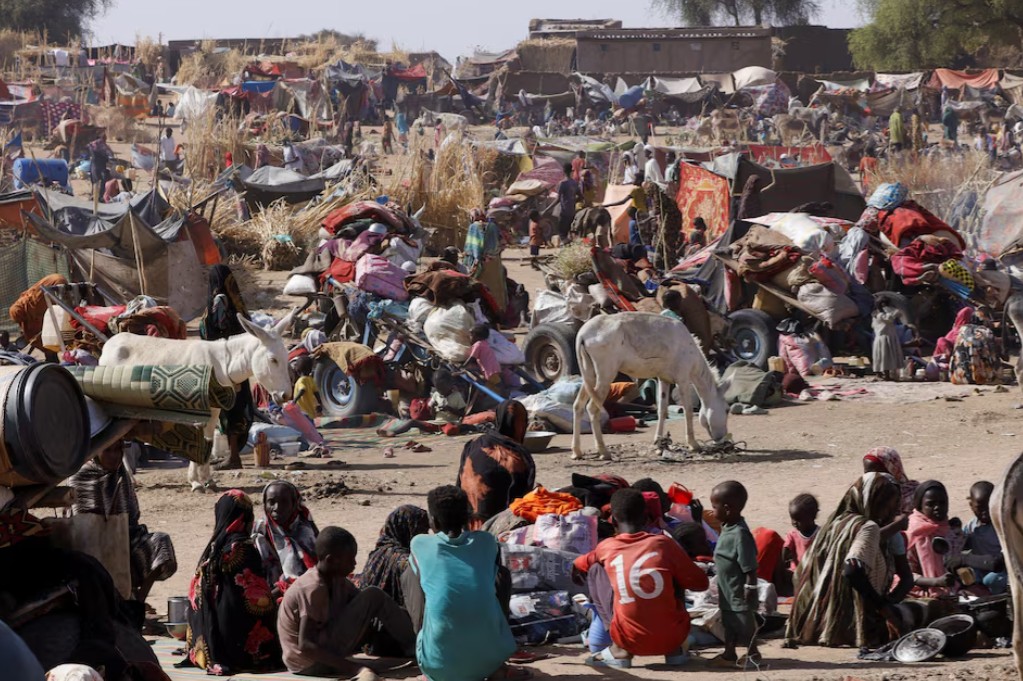 People displaced following Rapid Support Forces (RSF) attacks on Zamzam displacement camp shelter in the town of Tawila, North Darfur, Sudan April 15, 2025. (Photo: REUTERS)
People displaced following Rapid Support Forces (RSF) attacks on Zamzam displacement camp shelter in the town of Tawila, North Darfur, Sudan April 15, 2025. (Photo: REUTERS)
"We are treating children who were dying of thirst on their journeys. We have received over 170 people with gunshot and blast injuries, and 40 per cent of them are women and girls", said Marion Ramstein, MSF project coordinator in Tawila.
"People tell us that many injured and vulnerable people could not make the trip to Tawila and were left behind. Almost everyone we talk to said they lost at least one family member during the attack," she added.
Protect civilians
The organisation has called on RSF and all armed groups in the area to spare and protect civilians and ensure that those who want to flee can do so without further harm.
At the same time, it is urging states and diplomatic actors to use their leverage to translate hollow statements into concrete actions as reports emerge that hundreds of people are estimated to have been killed at the camp where Fighters were said to be going door-to-door, shooting people hiding in their homes and burning large parts of the camp.
The casualties include 11 staff from the humanitarian organisation Relief International, which was running the only remaining clinic in the camp after MSF suspended all its activities in Zamzam in February due to escalating violence and blockades.
There have been repeated warnings from the UN and many observers about the risks of mass killings and ethnic violence in El Fasher and the surrounding displacement camps, mostly inhabited by people from the non-Arab Zaghawa and Fur ethnic groups, while most of the RSF fighters and their allies originate from Arab tribes.
The war in Sudan has been described as the "forgotten war" after going on for two years without much on ground security intervention from external actors.
Humanitarian organisations, however, continue to push for support amid life-threatening circumstances that have seen some pay the ultimate price.
"A massive humanitarian response is needed, now more urgently than ever. If the roads to El Fasher are blocked, then air operations must be launched to bring food and medicines to the estimated one million people trapped there and starving. A scaled-up response is also needed in Tawila, where some of the survivors are being received and local capacities are overwhelmed", said Rasmane Kabore, MSF Head of Mission in Sudan.
While MSF and several other actors are launching emergency interventions in Tawila, much more is needed in terms of water, food, medical care, and shelter.
Top Stories Today

